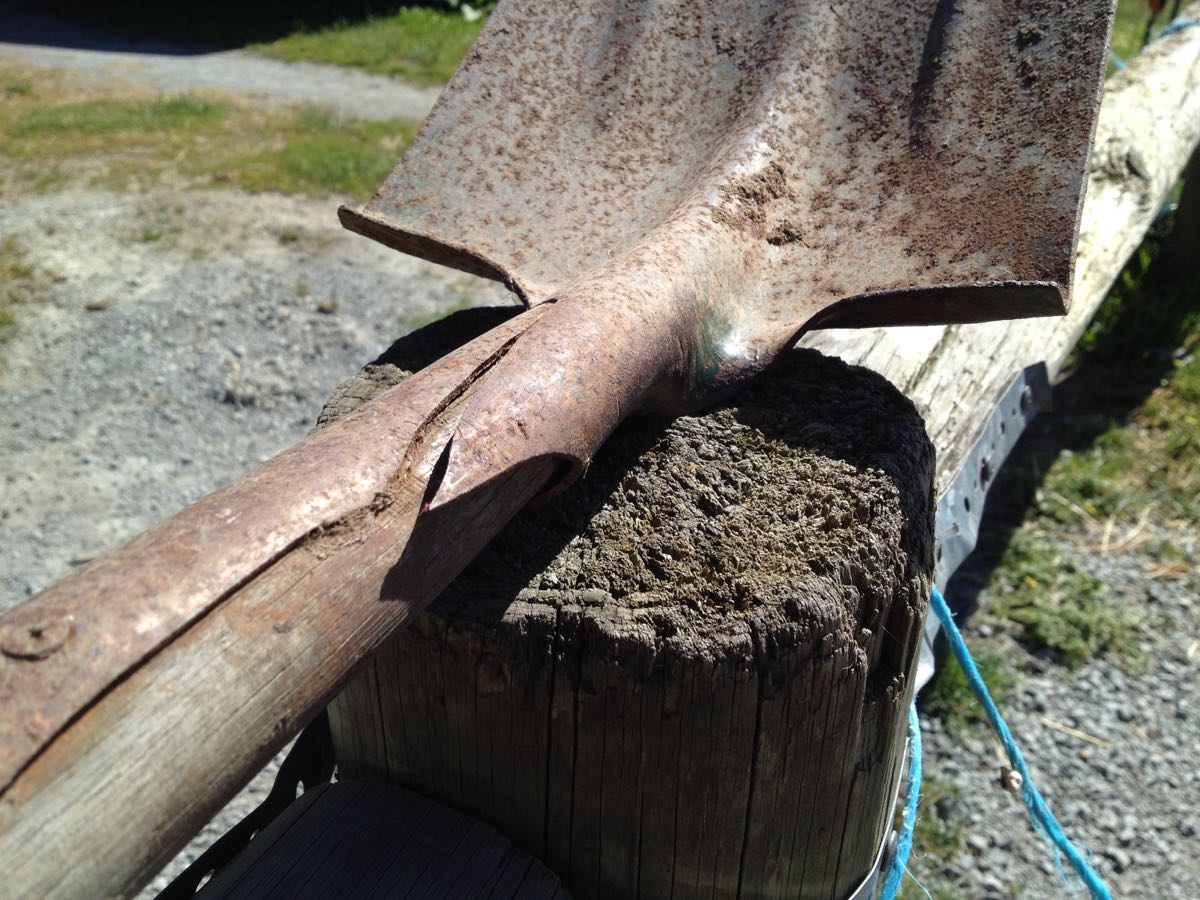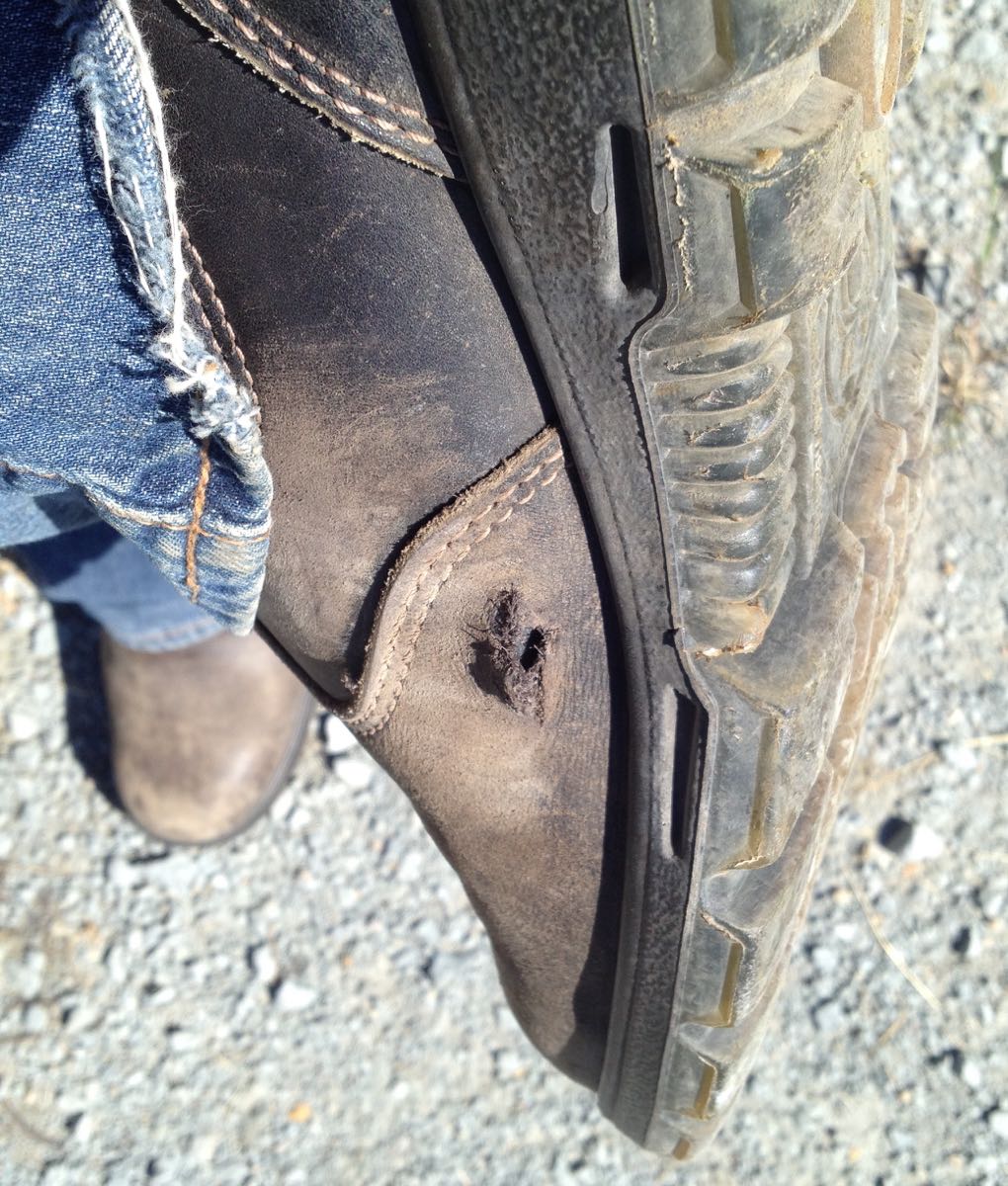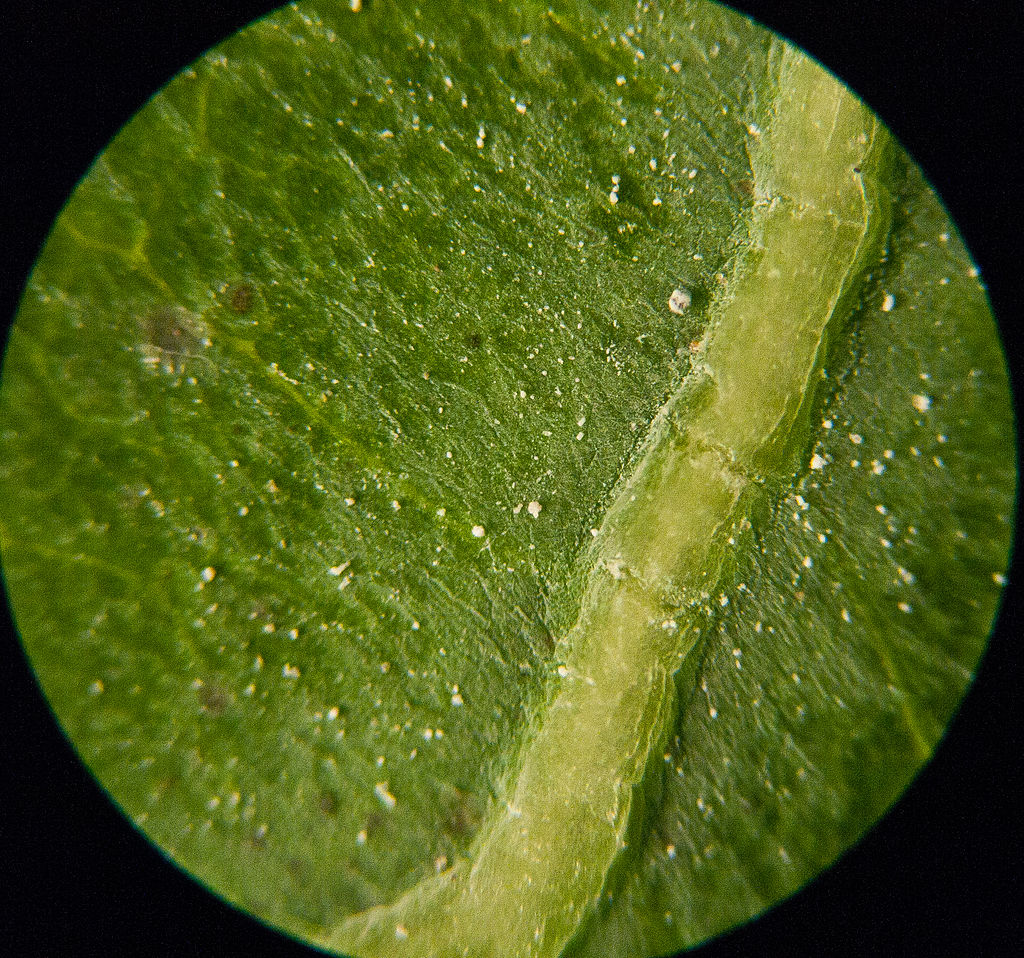What are you?
 Monday, March 9, 2015 at 02:46AM
Monday, March 9, 2015 at 02:46AM A cyborg may be broadly considered as being made up of part organic and part mechanical components. A favourite concept of science fiction, the cyborg challenges the nature of life and reflects our futile struggle with the limits of mortality and the frailty of humanity. Indeed the extensions and enhancements offered by cyborgism are perhaps only of interest because of human being's frustration and disappointment with themselves.
Cyborgs based on humans feature characteristics that either improve our performance (e.g. faster movement, greater strength) or add completely new capabilities (e.g. ability to see things in different parts of the electromagnetic spectrum).  Image by Chiaralily
Image by Chiaralily
Cyborg systems are typically very efficient, with automation and self-diagnosis common characteristics. This is appealing for its reliability (it just happens) and its speed (it just happens immediately, when needed).
Of course even the most traditional, fleshy humans owe their vitality to systems that operate in exactly this way, and long before mobile phones, pacemakers, contact lenses and Google glass moved us in a cyborgistic direction.
Your heart beats, your lungs swell and ebb, your eyes blink, all without conscious instruction. We sense the environment around us and respond automatically. We shiver, our pupils dilate, goose bumps appear. Inside us a delicate hormonal ballet is constantly underway as testosterone, oxytocin, adrenalin and their siblings signal our organs to act. In the brain, serotonin, dopamine et al moderate our internal communication.
Completely outside our awareness a ruthless bureaucracy of leucocytes monitor extra-corporal arrivals and dispose of any deemed to be deleterious.
Sweat, digest, sneeze, tire, gasp.
Our systems have sub-systems, processes and in-built maintenance processes to minimize the risk of failure, and it is almost always when these systems are compromised, fail to operate properly, or are damaged that we become ill. The automated nature of us can sometimes lead to surprising or unpleasant phenomena. A rapid drop in ambient temperature can quickly give rise to a sensation of all over cold. Even seeing someone else who looks cold can make us share the sensation. When there is disagreement between what your eyes see and what your inner ear’s vestibular system senses, you will suffer motion sickness travel sickness. If your immune system over-reacts to a substance, you experience an allergic reaction.
The vast bulk of our entity is an inextricably intertwined, autonomous system of sensation and adjustment.
Perhaps as thinkers we are arrogant enough assume that if we haven’t consciously thought of something then it won’t or can’t happen, as if our thoughts give life to activity. We seem to have something of an in-build creator complex. We forget that our thoughts are only a small component of a much greater existence, developed over millions of years of trial, error and contextual selection. Our attempts to mimic the automated, self-monitoring of biological systems in robotic or even electronic systems are comparatively limited and clumsy, but then we haven’t had as long to perfect them.
It Just Stuck
 Sunday, December 28, 2014 at 05:45PM
Sunday, December 28, 2014 at 05:45PM  On occasion, you’ll be shocked to hear, my mind’s been known to drift
On occasion, you’ll be shocked to hear, my mind’s been known to drift
I tune out now and then, I must confess.
But in the nineteenth over (I think the second ball)
My focus was nigh faultless and my skills were quite sublime,
As those who shared the moment will attest.
T’was a bright and balmy afternoon, the sun was beating down,
An insipid breeze was mooching ‘round the ground.
I remember every detail that my senses could detect:
The glowing growing ruddy orb, the breath that I drew in
And the fizzing as the seam spun round and round.
It’s easier to concentrate when standing in the slips
And a bowler on a hat trick charges in,
But when the value of the wicket’s not as obvious as that,
When the impact on the progress of the game is not so sharp
You forget that grassing chances is a sin.
The smack and sting as ball struck flesh, my fingers closing fast
For an instant all the world was dumb and still.
My eyes felt like a stranger’s as they turned to see my hand
And emotions jostled keenly for position in my mind,
As I registered that I still grasped the pill.
Sometimes there is time for thought, preparing for a catch,
But rarely do you have that kind of luck
This one came like lightning, and sometimes they just stick
Anyway, I held it and the shocking truth be told
I was out there as the square-leg umpire. Fuck.
End of an unknown era
 Sunday, November 9, 2014 at 03:29AM
Sunday, November 9, 2014 at 03:29AM This afternoon, in an unremarkable corner of the world, a long partnership came to an end. I cannot say when it started, but I am sure that it had endured for many years. The players in this pairing each bear scars and marks that illustrate a long, unspoken history.
 I only came to know this partnership very near the end, as the last of a long line of third parties that have joined a team of two, inseparable for so many years. Even in my brief connection to the others, I came to take them for granted. With the sturdiness of good wood and the durability of iron, they never complained and they never boasted, but they were always there and they always performed. Until today.
I only came to know this partnership very near the end, as the last of a long line of third parties that have joined a team of two, inseparable for so many years. Even in my brief connection to the others, I came to take them for granted. With the sturdiness of good wood and the durability of iron, they never complained and they never boasted, but they were always there and they always performed. Until today.
I had been digging a garden bed and I hadn’t noticed the split. It would have started as a very small tear, possibly months ago, but suddenly it was wide open, forming a new shape, like the head of a spear. As my foot fell to the side of the shovel, this new apex ripped through the leather of my boot  and stuck fast. I suffered no damage, but this was the last desperate cry of a shovel who’s time had come.
and stuck fast. I suffered no damage, but this was the last desperate cry of a shovel who’s time had come.
The handle may go on, but the blade cannot. I quietly detached one from the other and left them alone for a few minutes, in a silent farewell. As the shadows lengthened across my garden bed, the sun set on a fine affiliation that had achieved much.
Ice Bucket Challenge (sort of)
 Sunday, August 31, 2014 at 05:08AM
Sunday, August 31, 2014 at 05:08AM A friend of mine invited me to take on the ALS Ice Bucket Challenge. There's no question that ALS is worthy of greater awareness and increased support, but I had some mixed feelings. Here's what those feelings eventually gave rise to.
Plants get sick too
 Saturday, July 12, 2014 at 04:19AM
Saturday, July 12, 2014 at 04:19AM  Image by Оля Марусин та Zlir'a (Own work (Власна робота)), via Wikimedia Commons Like so many others, I spent a bit of time recently being ill. In between the sniffles, coughs, nausea and self-indulgence, I had time to think about immunity, but not just my own. I found myself musing about plant immunity. I mean they get sick too, right? Well yes they do and after some quick research I was surprised and impressed at the complexity and ingenuity of immunological response exhibited by those in the other living kingdom. More . . .
Image by Оля Марусин та Zlir'a (Own work (Власна робота)), via Wikimedia Commons Like so many others, I spent a bit of time recently being ill. In between the sniffles, coughs, nausea and self-indulgence, I had time to think about immunity, but not just my own. I found myself musing about plant immunity. I mean they get sick too, right? Well yes they do and after some quick research I was surprised and impressed at the complexity and ingenuity of immunological response exhibited by those in the other living kingdom. More . . .
